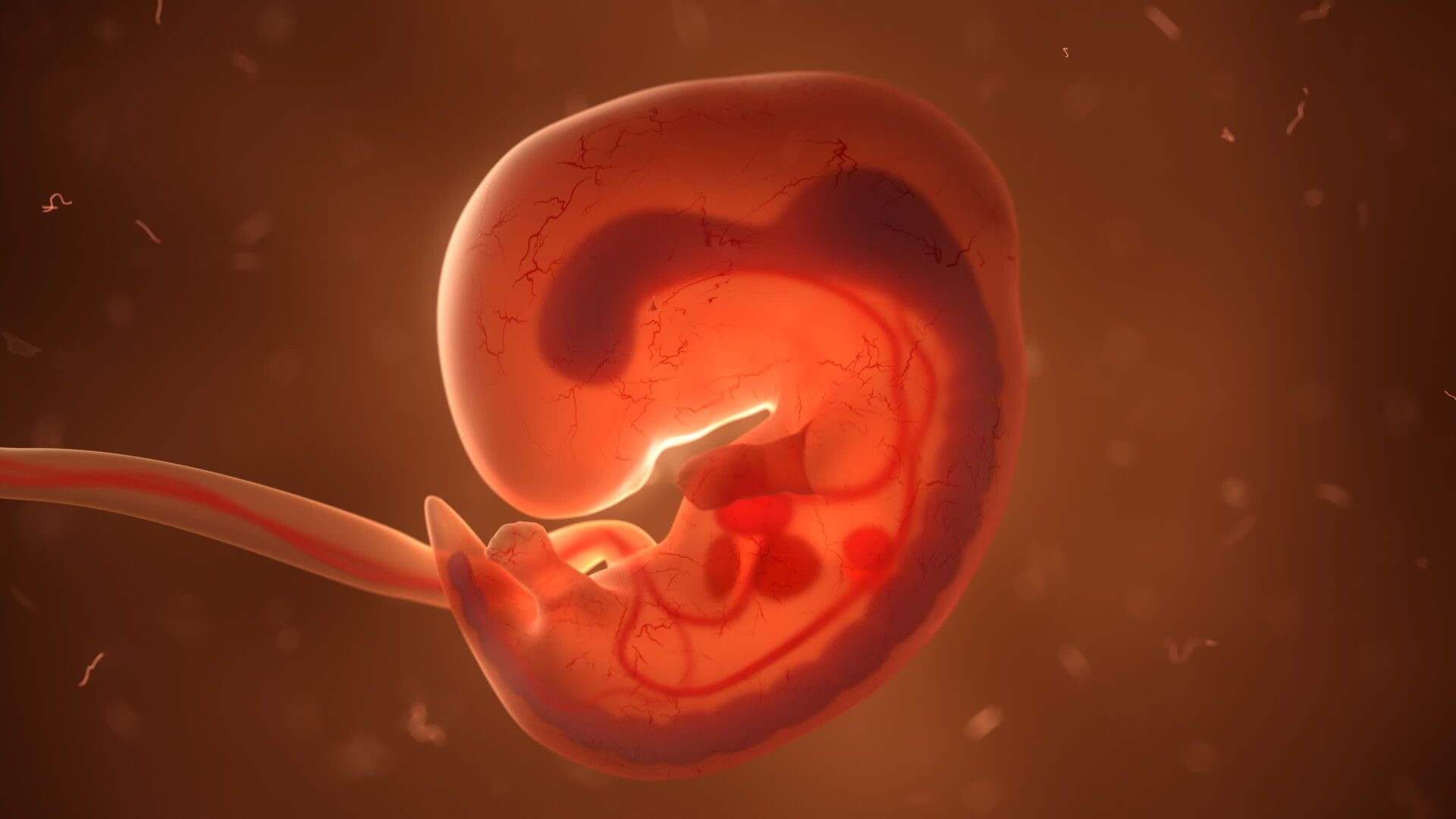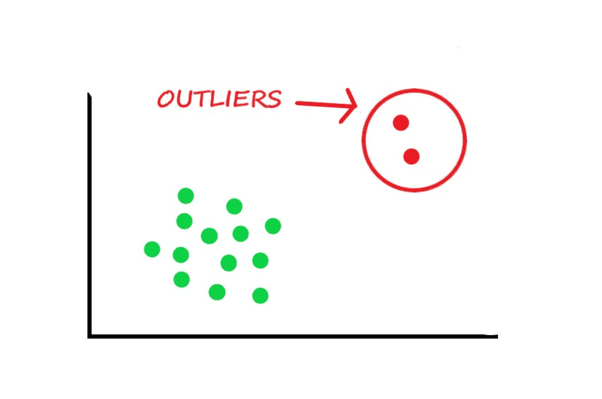Possible Preaching Themes
Possible Scientific Resources
- The typology of Eliakim receiving the key to the House of David and Peter receiving the keys to the kingdom of heaven
- The image of Christ as the Key of David who opens the kingdom of heaven
- The incapacity of our own minds to really understand the mind/the ways of God (based on 2nd reading)
- The history and engineering of keys
- The history of keys from early Babylon, Egypt, and Rome through today: https://www.historicallocks.com/en/site/h/articles/historyaboutlocks/history-of-keys/
- How the most common kind of classical key (a pin tumbler lock key) works: com/watch?v=smIdInCQ-kU
- How the technology of keys is changing with electronic keys and keypads: https://www.nytimes.com/2014/06/12/garden/losing-the-key.html?_r=0
- The technology of the search engine (playing on the phrase from the 2nd reading of God’s ways being “unsearchable”)
- How a search engine works: https://ahrefs.com/blog/how-do-search-engines-work/
- On the Google Search process https://support.google.com/webmasters/answer/9128586?hl=en
- On the history / evolution of search engines: https://www.researchgate.net/publication/265104813_History_Of_Search_Engines
Homily Outline Combining Resources
Homily outline based on the theme of Eliakim and Peter receiving the “keys to the kingdom”:
- Introduction to the history and science of keys
- Oldest key yet discovered by archeologists found in the ruins of the Assyrian palace of Khorasabad (biblical city of Nineveh) dates to around 700 BCE – not long before the key we hear about in the first reading today, which is to be given Eliakim, the new chief steward in the palace of Hezekiah (of King David’s lineage).
- The text notes, “placed on his shoulder,” an accurate description of the early wooden keys of this time that were heavy and often 2-3 feet long. Later the Romans—first to craft metal keys—would be able to make them much smaller, even such that they could wear them as rings on their hands.
- Until our current moment in history, when we find ourselves switching to key pads and electric keys, the basic way a key functioned from the time of the ancient empires till this century remained remarkably similar: using a series of several pins of varied sizes that could be moved by the notches and ridges (or “cuts and bitting”) of the key so that the pegs align to form a horizontal line. The straight line means that the cylinder the key has been inserted into is no longer bolted in place but can now turn. (com/watch?v=smIdInCQ-kU )
- Transition: Moreover the purpose of keys throughout time has always remained the same
- The purpose and meaning of keys
- The key allows access into private space, reserved or hidden space, sometimes sacred space – often physical but also long used as a metaphor for the emotional (e.g., the key to one’s heart).
- Protects something held as valuable. In Rome, for example, having a key ring indicated you must have wealth, i.e., something worth protecting in the first place.
- To receive a key from another conveys utter trust: I give you permission to come and go in my space as you will; that you will not abuse me or my belongings; that you will use them judiciously.
- Connection to first reading
- In the time of the prophet Isaiah, for Eliakim to be given the key of the House of David (taken from the previous glory-seeking steward Shebna) meant that Eliakim was being entrusted not just with access to the king’s possessions, but to make decisions about who had access to the king himself. Whoever he let in, would have access to the king. Whoever he didn’t allow in, would not. That is a lot of power!
- Connection to the Gospel
- The physical working of keys helps us to think about the conversation that Jesus has with Peter in today’s gospel with greater understanding. In Peter’s announcement of Jesus’ true identity for the first time, it is like all the pins are moved into place and the cylinder is able to turn. Peter has been given—through no power of his own—the key that opens the eternal Kingdom of God of which Jesus Christ is the heir.
- When Jesus says that Peter will now have the keys to the Kingdom, Jesus is sharing with Peter his power, conveying his utter trust in Peter. There is nothing that belongs to Jesus that Peter will not have access to. And in making decisions about the stewarding of this Kingdom, Jesus will trust Peter’s judgment.
- Trusting can be risky, and so often throughout the Bible has gone wrong. Indeed in vs. 25, one verse after the one we closed the first reading with today, Isaiah prophesies that Eliakim, too, will fall. And Peter, as well, will stumble. In the verses immediately after today’s gospel pericope closes, Peter will try to “unbind” Jesus from the necessity of taking up the cross and Jesus will rename him “Satan.” Later in the courtyard of the high priest, Peter will deny Jesus three times. Peter does not live up to the trust Jesus places in him, but in his knowing of Jesus as the Christ, the door to the heavens is never again bolted for him. He can enter God’s dwelling and find mercy and forgiveness again and again.
- Implications for today:
- In Baptism, we have made your profession of faith, too, that Jesus is the Christ, the Son of the Living God and Jesus welcomes you into his home, his Kingdom.
- How will we steward the Lord’s riches that you have been trusted with? How will we use the power that you have been given? How will we open doors for others closed because of prejudice or pride?
- When we realize that we’ve failed in our duties (for we all do), will we remember that the door back home is never locked for one who has the keys? We need only call on Christ, the Son of the Living God, and turn.
Related Homily Outlines
Couldn’t find what you’re looking for?
Try searching with another filter

Preaching with Sciences

Edward Foley, Capuchin
Duns Scotus Professor Emeritus of Spirituality
Professor of Liturgy and Music (retired)
Catholic Theological Union
Vice-Postulator, Cause of Blessed Solanus










